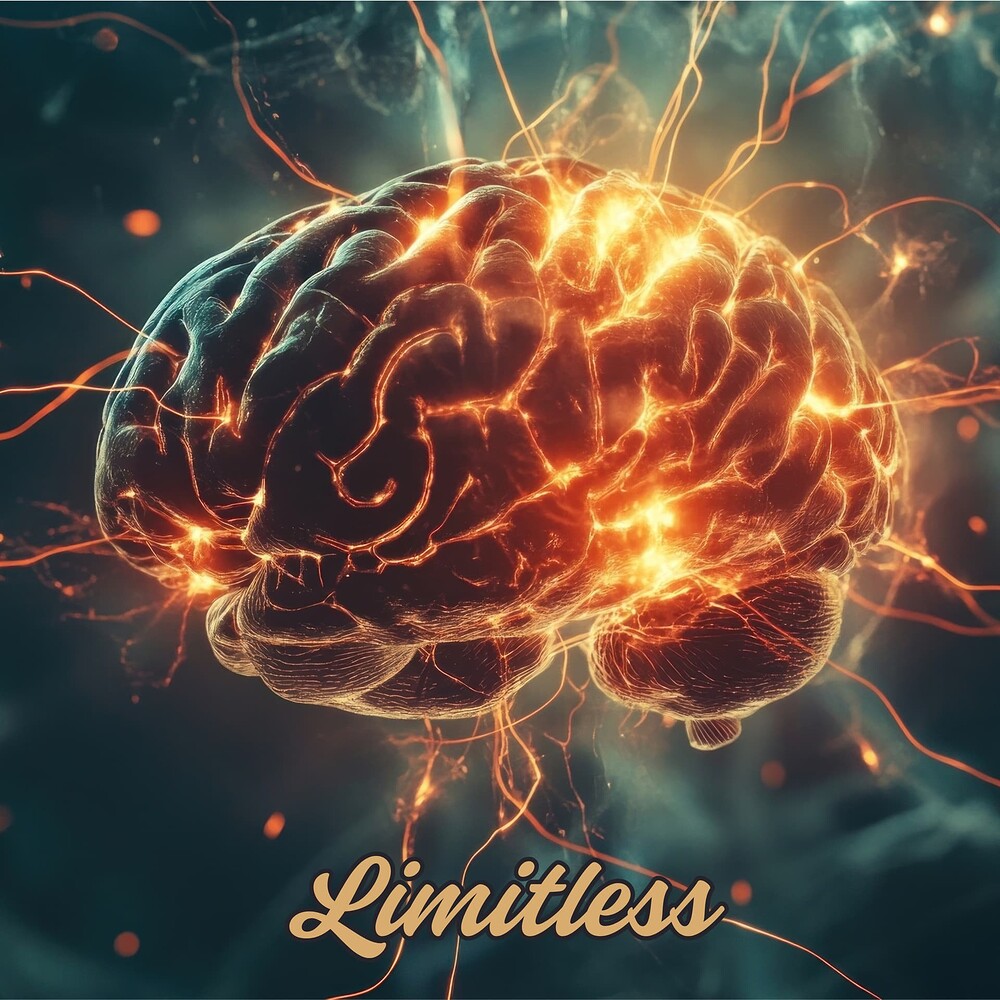Super powerful: “Teach after you get the commitment, not before.”
You can be a C+ student and do well selling emotionally.
Selling using logic is significantly more challenging but for not much more money.
“Don’t you owe it to your kids” - Insurance Closes smh
Where do you draw the line, my friend?
“I’m the only one using it - and that means I sell more on a macro level.”
Apple this to your unique USPs
See their words very literally - that’s how you get into their mind.
Time dilations are quite effective too.
A brief history of psychology
People have always been fascinated with the mind. The Edwin Smith Papyrus, that dates back to 1600 BCE had knowledge that far exceeded even Hippocrates, who is believed to be the founder of modern medicine, who lived 1000 years after the penning of these scrolls.
In the Edwin Smith Papyrus scrolls, it was discussed that brain injuries would impair both motor and sensory functions. Identifying that the brain is responsible for controlling the body. It noted the first explanations that were ever recorded of the structures of the brain.
Psychology as a Science instead of a Philosophy
Active testing of several people to determine what they were capable of when distracted. Lin Xie had people drawing a square with one hand while actively drawing a circle with the other in order to determine if they could control both sides of the their body in different manners at the same time. This gave birth to the study of mind and what humans can do as an experimental science.
The Vedanta
Vedanta was a series of Buddhist philosophical writing that acknowledged the sense of self. Aggregates, Emptiness, The Non-Self and Mindfulness. Vedanta addressed the feelings of the mind in several ways.
- Form - Acknowledged the physical or material existence of anything, in particular in relation to the four elements of earth, water, fire, or wind.
- Sensation - Any sort of sensory interaction with objects in ways that are either positive, negative, or neutral.
- Perception - Referred to the understanding of a sensory and mental process. (That furry animal infront of you is a Dog).
- Mental Formations - Refer to the ability to create an understanding of activities.
- Consciousness - Awareness of something around or in front of you, as well as an ability to understand its components.
Abu Zayed Ahmed obj al-Balkhi and the Psyche
- Mental Health and Mental Hygiene, treating them as a method to treat the soul.
- “Sustenance for Body and Soul” - calling it as a form of spiritual health.
- Spiritual and Psychological Health are intertwined and that doctors of the day would emphasise too much on the body without ever treating the mind as well.
“In particular, he asserted that because of the fact that people’s re both their soul (or mind) and body, it is important that they must both be healthy. In addition, he was certain that if the body gets sick, then the psyche loses its ability to function, referring tot he fact that when you are sick physically, you usually feel exhausted, foggy and unable to properly function. If the psyche gets sick, then, of course, the body would also struggle, leading to physical responses to mental illnesses.”
- Difference between neurosis and psychosis, asserting that neurosis is distressing, but still allows for functioning, whereas psychosis involves a disconnect between reality and fantasy.
The Philosophy of the Mind
Psychology was not seen as a science the way it is today. Rather, it was considered a branch of philosophy until well into the 1800s.
Immanuel Kant, Rene Descartes, David Hume, and John Locke - all busied themselves with ways to tackle the mystery of the human mind.
“Why we behave the way that we do.”
Rene Descartes
Considered the father of modern philosophy, he was responsible for spreading far more than just philosophical ideas or thoughts- he also contributed greatly toward calculus, the idea of dualism: a concept within psychology that recognises that there is an inherent difference between the mind and the body.
Effectively, dualism declares that the mind is one thing that is not physical, compared to the brain, which is physical and recognises the split between the two.
”Cogito, ergo sum” - I think; therefore, I am - He recognised that the mind and body had to interact somewhere, believing that the pineal gland was the area through which the mind can interact with the body.
Passion:
- Wonder
- Love
- Hatred
- Desire
- Joy
- Sadness
These animal spirits could soon hijack that connection between the soul and body - the place of connection being the pineal gland. Causing the body to react in ways that are not necessarily intended.
Johan Locke
He was interested in the cognitive abilities of people.
- Mind was effectively a blank slate at birth, with nothing stored within it.
- Think of the newborn mind, then, as a brand new hard-drive that has not yet been hooked up to your computer.
- He then described that, through time, the mind was filled with information and learning via experience.
He was determined to reject the commonly accepted idea of innate ideas.
Such as recognising something as sweet, comes not because humans innately understand sweetness, but rather because the exposure to sweetness occurs incredibly early on before children are able to begin communicating what they know. Learning and Knowledge.
David Hume
He discussed the idea of ethics in relation to the mind- he described that people were enslaved to their passions, marking a difference between morality versus reason. He wanted to address how and why people make the decisions that they do.
He determined that what we would refer to as emotions and desires are impressions instead of being ideas.
The passions - Felt, Fear, Joy, Grief, Hope, Aversion and Desire come direction in response from pain or pleasure.
Further, his indirect passions, such as pride, shame, love and hate, are a bit more complex and indirect- unlike the passions listed previously, indirect passion do not drive behaviour but rather influence thinking.
Immanuel Kant
He wanted to answer questions about how knowledge is attained, how much we can know about an object, or how we could even learn to begin with.
Effectively, we learn from our environment, but what we learn is not exactly what we see in front of us- it must be interpreted. The mind is a conglomerate of all the mental faculties coming together.
Input -> Understands that Input -> Processes that Input -> Learns from that Input
From Philosophical to Scientific
Psychology required more than just logic and observation. It required experimentation.
Willhelm Wundt and the Principles of Physiological Psychology
Study of consciousness - using experiments. It was only possible through introspection. He taught people how to carefully analyse their own thoughts as free from judgement or bias as possible.
The way he gathered data is seen to be far from unbiased - but there is no doubt that this research was monumental in propelling psychology into its own discipline.
The Spread of Psychology
Two became notable in the progress of psychology: Structuralism and Functionalism. They provided paradigms through which to look at the impact of psychology, using several common rules and thoughts that would guide the process.
Edward Titchener and Structuralism
Structuralism became the first school of thought of psychology. Within this school of thought it was believed that the consciousness could be divided into smaller components, and through understanding those components, you would be able to begin to understand the mind. Like Wundt, Titchener made use of introspection as the primary mode of collecting data. Titchener made it a point to use several aspect of Wundt’s psychology, thought it all had his own spin.
Structuralism never really took hold in the field, and as Titchener eventually died, so too did structuralism.
William James and Functionalism
In almost a direct response and challenge to Titchener’s structuralism came functionalism. One of the first major American psychologists, William James, wrote a book known as The Principles of Psychology. It was not directly titled to be functionalism, but it did serve as the basis for the school of thought.
Functionalism cared about learning how behaviours benefit anyone at all. They sought to see how certain behaviours were conducive to the situation while others were far less so. Study of the conscious mind Functionalism, too, died off after al while, though the theories left behind were still quite influential.
The Rise of Psychoanalysis
- Sigmund Freud was an Austrian neurologist who founded psychoanalysis in the late 1800s.
- Psychoanalysis is a therapeutic approach that focuses on the unconscious mind and its influence on behavior.
- Freud believed that the unconscious mind drives everything and that bringing information from the unconscious to the conscious mind can lead to catharsis.
- Psychoanalysis is one of the most influential aspects of modern psychology, and its principles are similar to those of cognitive behavioral therapy.
- Cognitive behavioral therapy is a technique that aims to restructure unconscious thoughts to improve behaviour.
Today, many of Freud’s own aspects are considered quite outdated, such as believing that everything is motivated by sex and sexual aggression.
And with that, we have arrived at the first of the modern perspectives of psychology. That was an overview of thousands of years of development, taking psychology from theoretical philosophy to a hard science that is driven by evidence, numbers, and the scientific method.
EB’s Social Dominance:
EB’s Social Scripting:
Making Money:
Accidental listen without a rest day:
Reasoning behind Daredevil:
Third Custom - Ordered:
Subs are where it takes you, not where it beings.
MDFY - My evaluation of how to use MDFY.






